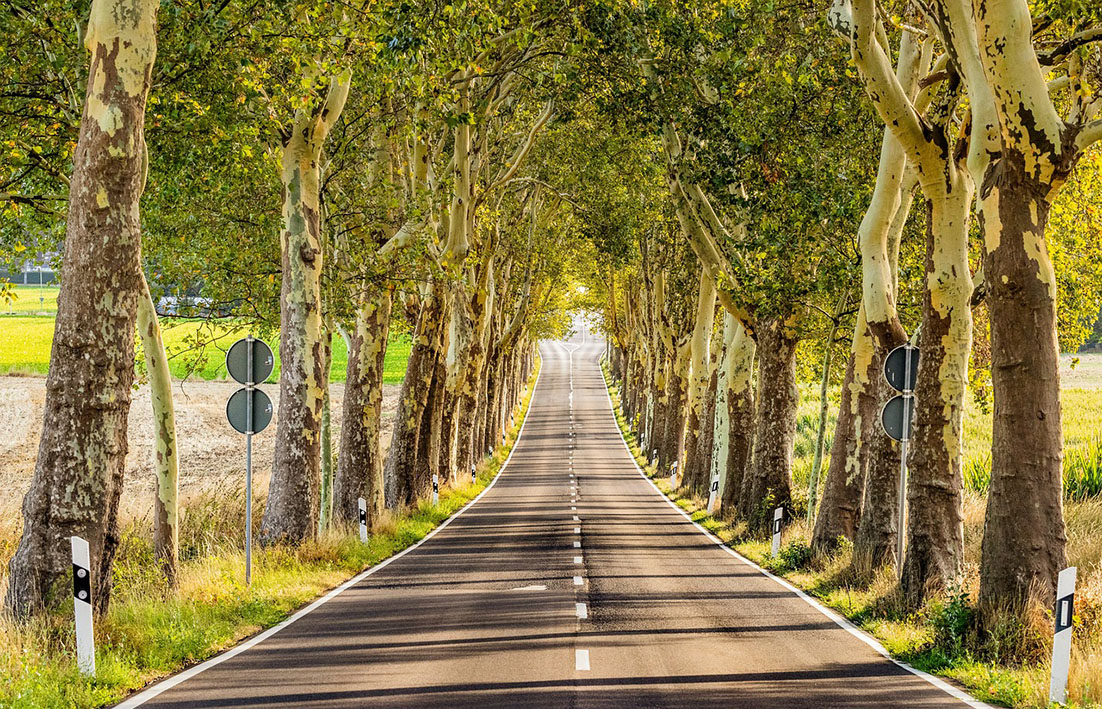
THE state government has committed to developing a new $3.75 million ‘urban greening strategy’ to promote and enhance tree canopy and greening across the Perth region.
The new strategy will complement the Western Australian climate policy and climate adaptation strategy, seeking to improve the resilience of the state’s cities and regions, with key stakeholder and community input to commence mid-2024.
The strategy will take a whole-of-government approach to ensure new initiatives are coordinated and complement any existing greening programs.
Development of the strategy, to be led by the Western Australian Planning Commission (WAPC), will explore elements aimed at enhancing tree canopy and creating more green spaces across the Perth and Peel regions, including:
tree canopy measurement and reporting;
education and awareness;
urban heat identification and mitigation;
green linkages (including opportunities on under-utilised land); and
an ‘urban greening grant program’.
The state government will work closely with the WAPC, Western Australian Local Government Association (WALGA), and other stakeholders to build on the many successful urban greening projects already underway and to explore further planning incentives regarding tree retention.
Local governments throughout Perth and Peel are being encouraged to increase their urban tree and vegetation canopy as part of the $3.75 million grant program paid for by the state government.
The developed urban greening grants program will assist local governments to plant trees and understory vegetation, increasing urban canopies in a bid to combat climate change.
The ‘DesignWA’ suite of policies includes provisions that require and incentivise retention of existing trees, new tree planting, deep soil zones, soft landscaping along with communal and private open space in low to higher density developments.
The recently announced revised State Planning Policy 7.3 Residential Design Codes, include incentives to retain existing trees as well as minimum planting and soft landscaping standards for new developments in medium density areas.
This builds on the apartment codes released in 2019 that include minimum requirements for deep soil zones, tree planting and soft landscaping in higher density developments.
Planning Minister John Carey said the government supported the intent of proposals to enhance and grow urban tree canopies.
“We understand the impacts of climate change and the importance of green neighbourhoods, however, our ‘urban greening strategy’ must be implemented without compromising the critical delivery of new housing supply that we desperately need.
The strategy will be developed with community input and all stakeholders are invited to provide their input by Friday, June 7 here.